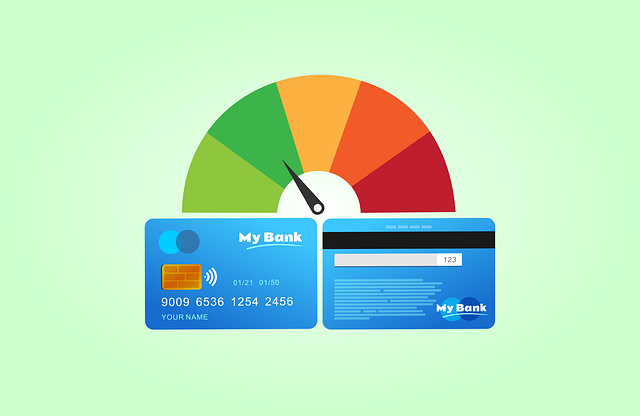Credit scores are numerical representations of borrowing history that significantly impact access to financial resources. Good scores indicate responsible behavior and secure better loan terms, while low scores signal potential risks. Individuals can improve their credit scores over time by monitoring reports from bureaus like Equifax, Experian, and TransUnion, making timely bill payments, reducing debt, using a mix of credit types, and maintaining low credit utilization. Regularly demonstrating responsible financial behavior enhances borrowing options, securing better loan terms, lower interest rates, improved conditions, and potentially higher funding amounts, especially for those with previously low credit scores.
Understanding your credit score is pivotal in navigating the landscape of funding options. Credit scores and funding go hand in hand; a good score opens doors to favorable loans, while poor credit can limit access to capital. This article guides you through the process of comparing and leveraging your credit scores for better financial decisions. We’ll explore strategies to improve low credit scores and highlight how monitoring these metrics can empower you to secure optimal funding opportunities.
- Understanding Credit Scores and Their Role in Funding
- Strategies to Improve Low Credit Scores
- Leveraging Credit Scores for Better Funding Options
Understanding Credit Scores and Their Role in Funding

Credit scores are a numerical representation of an individual’s creditworthiness, based on their borrowing and repayment history. They play a pivotal role in determining access to funding options, such as loans and credit cards, and can significantly impact the terms offered by lenders. Understanding your credit score is essential for anyone seeking financial resources, as it influences interest rates, loan amounts, and even the likelihood of approval.
A good credit score indicates responsible borrowing and repayment behavior, making lenders more confident in extending credit. Conversely, low credit scores may signal financial risks to lenders, potentially leading to higher interest rates or denial of funding. However, with dedicated effort, improving credit scores is achievable through practices like timely bill payments, reducing debt, and monitoring credit reports for errors. Leveraging a strong credit score can open doors to better loan terms and access to capital when exploring various funding options.
Strategies to Improve Low Credit Scores

Low credit scores can make accessing funding challenging and often come with higher interest rates or stricter loan terms. However, there are several strategies to improve your credit score over time, enhancing your options for borrowing money. Regularly monitoring your credit reports from the major bureaus (Equifax, Experian, and TransUnion) is a crucial first step. This allows you to track changes, identify errors, and dispute any inaccuracies that may be pulling down your score.
Additionally, making timely payments on all bills, including credit cards and loans, significantly impacts your credit scores positively. Reducing debt by creating a budget and paying off balances can also improve your creditworthiness. Leveraging credit responsibly involves using a mix of credit types (like credit cards, auto loans, or mortgages) and maintaining low credit utilization (the percentage of available credit you’re using). Building a solid credit history takes time, but these strategies can help increase your credit scores, making it easier to secure funding with favorable terms.
Leveraging Credit Scores for Better Funding Options

Credit scores play a pivotal role in determining your access to and terms of various funding options, from loans to lines of credit. They serve as a snapshot of your financial health and are calculated based on factors like payment history, outstanding debt, length of credit history, types of credit used, and new credit inquiries. Understanding the impact of these factors can help you leverage your credit scores to secure better funding terms.
Improving credit scores is an ongoing process that involves responsible financial behavior. Regularly monitoring your credit reports from the major credit bureaus helps identify errors or discrepancies that could negatively impact your score. Making timely payments, keeping debt levels low, and avoiding excessive new credit inquiries can significantly boost your credit scores over time. This improved score will open doors to more favorable loan options with lower interest rates, better terms, and potentially larger funding amounts.






